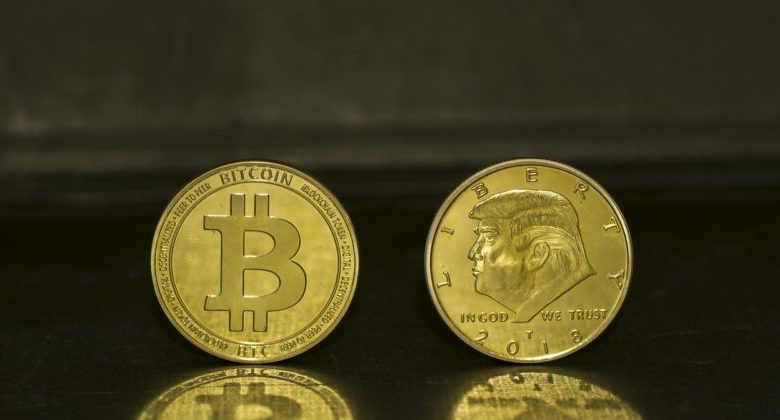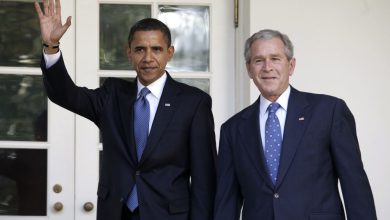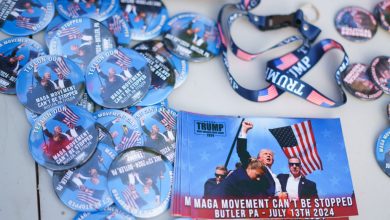Donald Trump’s $TRUMP Meme Coin Black-Tie Dinner Sparks Ethics Debate

Donald Trump’s exclusive black-tie dinner for top investors in his personal $TRUMP meme coin has sparked a firestorm of ethical and legal concerns in Washington. The May 22, 2025, event at Trump National Golf Club in Sterling, Virginia, attracted 220 wealthy cryptocurrency enthusiasts from around the globe, raising serious questions about the intersection of presidential power and private financial interests.
The controversial gathering highlights a growing trend among crypto investors seeking alternative ways to participate in digital asset markets. While traditional exchanges require extensive identity verification, some traders prefer platforms that allow anonymous Bitcoin purchase options, particularly when dealing with politically sensitive investments. The $TRUMP token, launched shortly after Trump’s second inauguration in January 2025, has attracted significant attention from mainstream and privacy-focused investors, with its price surging over 50% following the dinner announcement.
Exclusivity was a clear focus when putting together the evening’s program. Only the first 25 token holders were invited to a special journey through the White House, and the rest were allowed to meet everyone during a regular gathering. Although guests underwent mandatory background checks, their opinions about filet mignon and halibut were divided on social media, where some wrote that the food did not match what they paid for in crypto.
Appearing in his blue-suit-and-red-tie combo, President Trump welcomed visitors with his usual pride, pointing out how well his crypto endeavors were doing and how much he anticipates from this event. Online videos showed the president’s rousing response, but the fact that his lectern had the presidential seal hooked many law experts on the idea that using official images to promote himself was against the law.
Critics are still unhappy with the White House’s desire to treat the dinner as a personal gathering. Some democratic lawmakers will hold a press conference to ask for the release of attendees, pointing out they are concerned that foreign investors might have bought access to the president through cryptocurrencies. They focus on whether presidents can take payments from foreign groups without seeking consent from Congress, which is forbidden by the emoluments clause.
Legal experts warn that such events could establish dangerous precedents for future administrations. The concentration of profits among roughly 60 large wallets, which have collectively earned nearly $1 billion since the coin’s launch, suggests a troubling pattern of financial benefit flowing to a select group of major holders with potential political implications.
Even some Republican allies have expressed discomfort with the optics. Senator Lummis, typically a staunch supporter of the crypto industry, admitted the event “gives me pause” regarding conflicts of interest. Her concerns reflect a broader unease within the party about the administration’s expanding footprint in digital assets, including crypto exchanges, mining operations, and digital asset ETFs.
The dinner represents more than just a social gathering—it symbolizes the growing entanglement of cryptocurrency markets with political power in 2025. As investigations intensify and calls for transparency rise, this event has become a flashpoint in debates over ethics, influence, and accountability at the highest levels of American government. The controversy underscores the urgent need for clear guidelines governing elected officials’ involvement in volatile digital asset markets.




